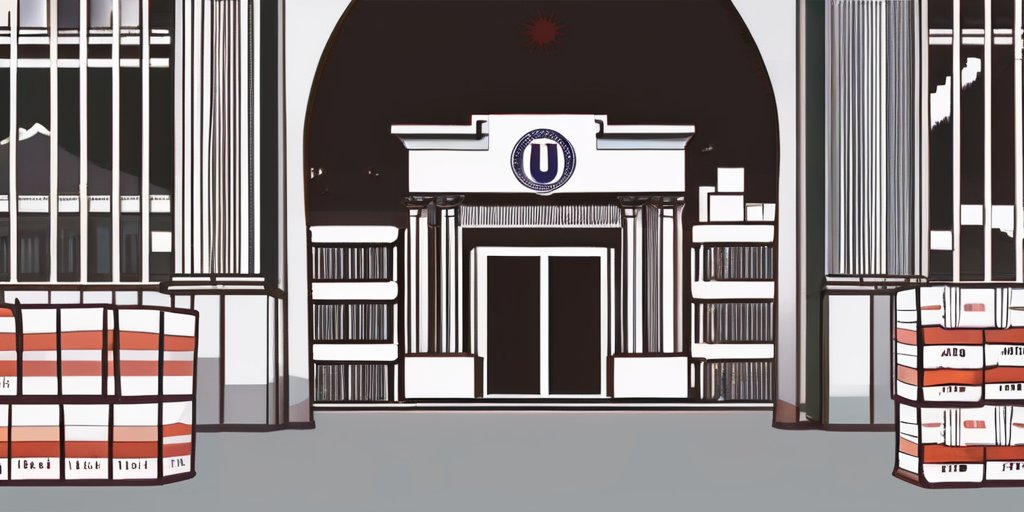In a controversial move that has garnered widespread criticism, the US Agency for International Development (USAID) has officially closed its doors following a drastic reduction in funding initiated during President Donald Trump’s administration. This decision marks a significant shift in the US’s approach to international aid, as more than 80% of USAID’s programs were canceled prior to the formal closure of the agency this week. The remaining functions were absorbed by the State Department, raising concerns about the future of humanitarian assistance worldwide.
Former Presidents Barack Obama and George W. Bush have publicly condemned the closure, signaling a rare bipartisan agreement on the issues of foreign aid and humanitarian support. Their concerns are echoed in a alarming report from the Lancet medical journal, which predicts that these cuts could lead to an additional 14 million deaths by the year 2030, with a staggering portion of those affected being vulnerable children at risk of premature death.
Critics argue that the sweeping cuts, which began in Trump’s second term as he aimed to streamline government spending and reduce what he termed ‘wasteful spending,’ threaten crucial assistance programs that provide not only food and medical care but also initiatives like landmine removal and prosthetic limb distribution for injured veterans. Furthermore, efforts to combat the Ebola outbreak in Africa are also impacted by these changes, raising serious ethical and humanitarian questions.
Despite the backlash, a State Department official defended the administration’s position, asserting that the data presented in the Lancet’s report was based on “incorrect assumptions” and stating a commitment to providing aid in a “more efficient” manner. However, the legacy of USAID, which was founded in 1961 and once employed around 10,000 staff members, has been fundamentally altered, marking a significant departure from America’s historic role as the world’s leading humanitarian donor.
The implications of this closure are profound, not only for the millions who rely on US aid but also for the credibility and vision of American foreign policy in the international aid landscape. As humanitarian organizations call for urgent action to restore these vital programs, the future remains uncertain, and the ramifications of these cuts may be felt for years to come.
